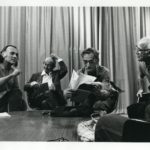
A Spectre in Every Street: George Oppen and the Poetics of Communism
Just after publishing his first book, Discrete Series (1934), the American modernist George Oppen abandoned poetry and joined the Communist Party

Just after publishing his first book, Discrete Series (1934), the American modernist George Oppen abandoned poetry and joined the Communist Party

Pianist, composer, poet, philosopher Cecil Taylor turned sound outside in, gathering influences far and wide, reassembling them into the ever-changing grammars that defined his career and inspired others.

If country music gave voice to many American farmers during the 20th century, what does it have to say about the fundamental shift in farm labor that is coming to define the 21st?
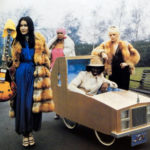
Johnny “Guitar” Watson was a fascinating contradiction: a man dressed like an icon of fame and wealth whose lyrics depict the struggle of working people trying to make ends meet in an era of looming economic destitution. Though he dons a funky getup, Watson’s bleak expression of working life under economic and social oppression derives from the long blues tradition dating back to slavery and the Reconstruction era.

After years of scorn — and a few years of prurient interest following positive coverage in Vice — the fate of juggalos has become an important political issue. The Juggalo March seems exceedingly well-timed for an era of increasing radicalization and renewed interest in protest.
Tags: Inquiry

Ayeb’s focus is the struggles of direct producers who work in agriculture in a natural world beset by the dislocations and mounting disorders of agro-industrial capitalist farming. Through interviews, he assembles an anecdotal yet accurate account of Tunisia’s rural productive system, a collage of testimony and analysis.
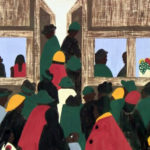
What made bop strong is that no matter its pretensions, it was hooked up solidly and directly to the Afro-American blues tradition, and therefore was largely based in the experience and struggle of the black sector of the working class.
Tags: From the Archives
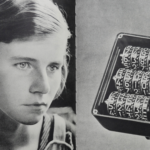
The point is to place the human operator back in the frame, to ask after those who tended the machine before it was available as a spectacle, and to listen to how they understood what they were tangled in the midst of.
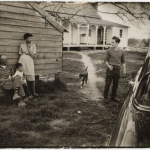
In 1941 in Cindy Walker’s native Texas, the sexual encounter described by her song “Cherokee Maiden” was not only frowned on, it was illegal. Texas had been the first state in the union to pass a law officially barring miscegenation.

While Adorno claimed that to write poetry after Auschwitz was barbaric, hip-hop claims that it is necessary to write poetry after the barbarism of slavery. Its history, and its historical consequences, must be recorded.